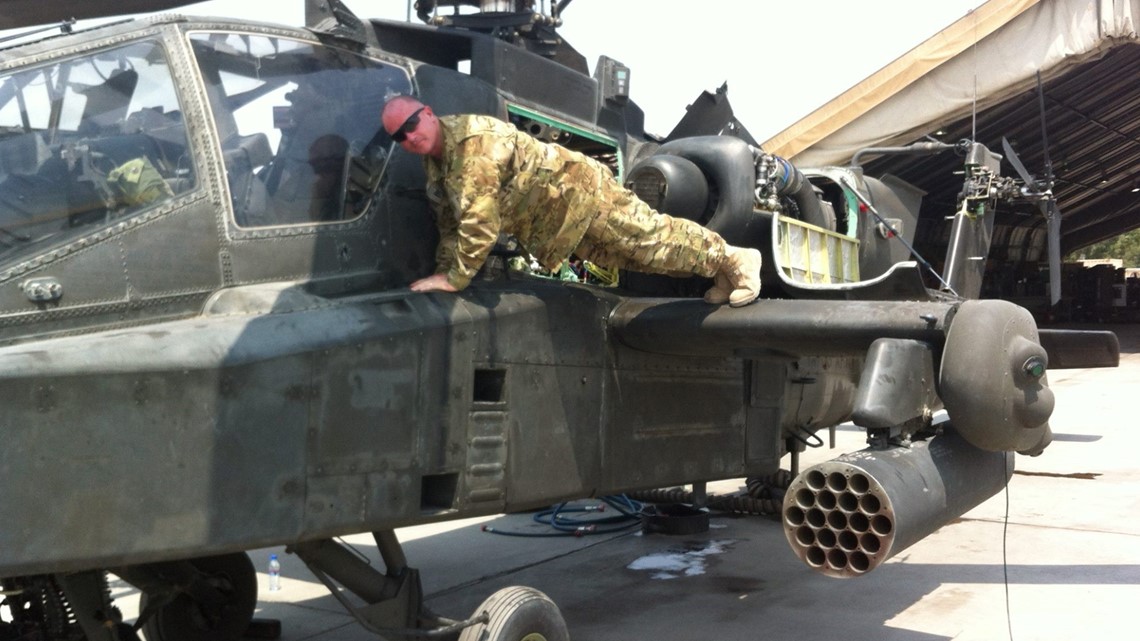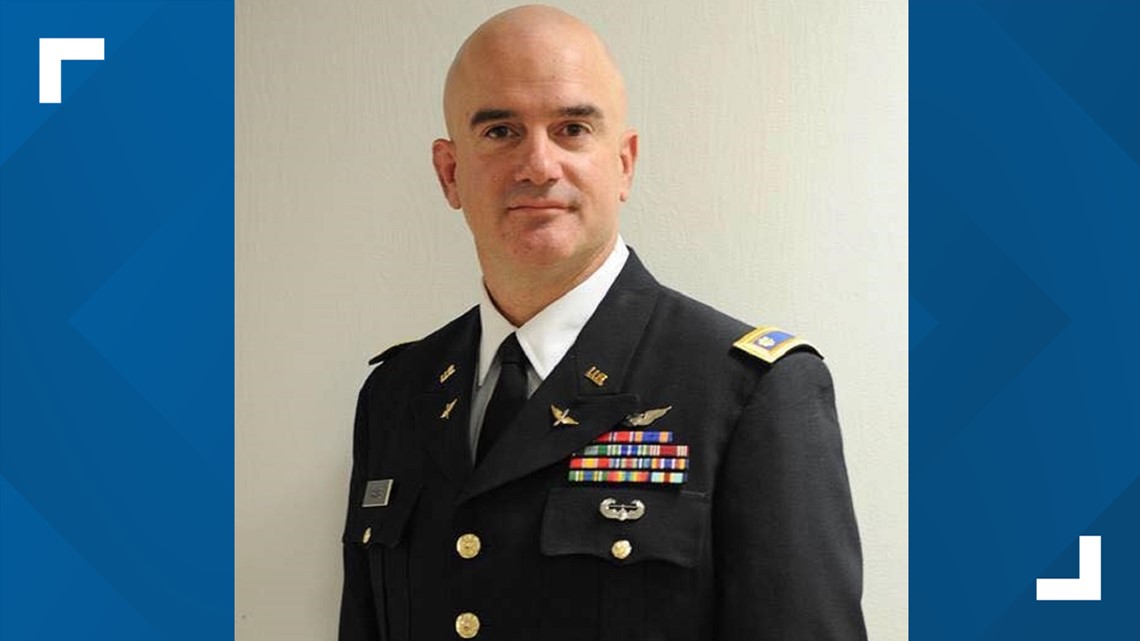INDIANAPOLIS — Millions of military veterans are dealing with serious injuries caused by toxic exposure during their deployment.
Some families are losing loved ones because of it. But all too often, those injuries related to burn pits or other toxins don't count as combat-related health hazards.
The Honoring Our Pact Act, now being considered by the U.S. Senate, would change that.
The American Legion on Tuesday encouraged Hoosier lawmakers to support the bill and protect troops when they get home.
Veteran Doug Chace, who is also a service officer with Indiana Post 522, served 18 years, five months and 19 days in the U.S. Army. That included four combat tours in Iraq and Afghanistan as a helicopter pilot.
But flying and fighting for freedom also exposed him to toxins: burn pits, sulfur fires and chemical weapon residue.
"The dust and other particulate matter would congregate on the top of your socks," Chace explained. "So when you took your sock off, it would take the skin with it. Then of course everything we needed to dispose over there, we just set on fire. Lithium batteries, tent material, dead animals, any number of chemicals and toxins were thrown in there, just to get rid of them. That was our MO. If we were done with it, if we didn't need it anymore, we set it on fire."


The burn pits were usually situated right at the entrance to the camp. So troops were working and sleeping next to the toxins, breathing them in, on a daily basis.
Those health hardships related to toxic exposure came home with Chace, but they were not considered service-connected by the VA. Medical and financial coverage got denied.
"I could peel skin off as a sheet off my hands and off my feet, which was tied to these persistent chemical weapons I came into contact with. But the VA said it was not service-connected due to the rules they had to follow," Chace said. "The fact that I have lung damage due to breathing in all these toxins and the sulfur mine fires and everything else? They told me that it was 'seasonal allergies.' There are a lot of things that I picked up while I was in combat that when I came back they determined were not service-connected."
He's not alone. It's why the American Legion is working to protect an estimated 3.5 million veterans from the poisons of war.
American Legion National Commander Paul Dillard is crisscrossing the country right now, to encourage U.S. Senators to support the Honoring Our Pact Act.
The legislation, which already passed the House, would ensure health care and benefits for toxic-exposed veterans from the Gulf War, the War on Terror and atomic testing.
"It is the most comprehensive toxic exposure bill to ever pass either chamber of Congress," Dillard said at a news conference Tuesday. "We hear a lot about costs from Washington. But what is a life worth? We have spent trillions rebuilding other countries from the ravages of war. These men and women, however, are also a cost of war and those bills must be paid."


Legion leaders say it's coverage delayed, but essential, for this generation of veterans. Dillard compared it to Vietnam veterans who were finally cared for after exposure to Agent Orange.
"Instead of bullets, bombs and shrapnel, they endured years of chemotherapy, radiation and painful treatment," he said.
The price tag for the bill is likely in the billions of dollars, but veterans say these are benefits well-earned.
"It is the promise that we made to our veterans," Chace said. "'We're going to put you in harm's way and when you come home, we're going to take care of you.'"
The American Legion wants the "Honoring Our Pact Act" passed by Memorial Day.
13News reached out Tuesday to Sens. Mike Braun and Todd Young to gauge their support for the legislation. We did not receive a response.

